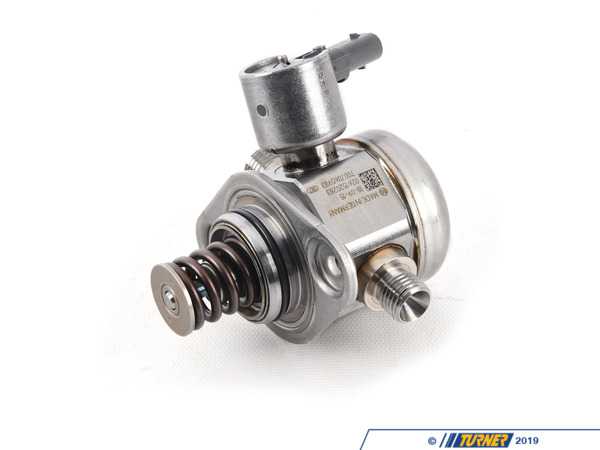BMWs are built with economy, high performance, and stunning power in mind to assist fulfill the demands of their loyal following. BMWs, like all other car manufacturers, have a list of common problems that their different versions and series face. The high-pressure fuel pump is one example of a problem that may occur in older automobiles.
Some drivers are encountering fuel pump failure for the first time, while others have been dealing with the problem for years. In this post, we’ll go over some fundamental facts regarding your bmw hpfp, such as its main purpose, how to recognize a problem, and what you can do to safeguard your BMW from more failures in the future.
What is the purpose of a high-pressure fuel pump (HPFP)?
Many BMW models include twin-turbo engines that deliver massive amounts of energy to the vehicle. BMW used a high-pressure fuel injector to accurately and reliably spray the necessary quantity of gasoline into the engine to establish the right air-to-fuel ratio for combustion, in order to compete with the fuel consumption of these engines and the accuracy such systems require. Regrettably, early in the life of the vehicle, these gasoline pumps are prone to breakdown and malfunction.
Why is it possible that HPFP failure is a BMW-specific issue?
Failure of the high-pressure fuel pump can result in major performance issues, as BMW drivers with a N54 engine have often experienced over the years.
Many of these vehicles were subjected to a global recall to resolve the problem of faulty HPFPs, after drivers reported major failures and dangerous indications that put BMW aficionados in risky circumstances while driving – the signs of failure aren’t exactly pleasant.
HPFP failure warning indicators
As previously stated, the warning indicators of HPFP failure are alarming to drivers, to the point that thousands of people have complained to the manufacturer. These are just a few of the most typical indications of fuel pump failure that you should be aware of:
- Engine pounding: normally happens at colder temps the first moment you drive the car for the day.
- Motor stalling: Not only is inconvenient, but often dangerous for drivers;
- Engine malfunctioning: this symptom signals that the problem must be recognized and addressed right away, or your engine may suffer serious harm.
- Engine stuttering: As well as reluctance during acceleration and rough idling, these are the most prevalent symptoms of rough running.
- Limp mode activation: This safety feature is used to safeguard the engine and the driver from injury.
- Inconsistent power delivery: if your BMW isn’t accelerating smoothly, it might be due to a faulty HPFP.
What should you do if your high-pressure gasoline pump breaks down?
If your BMW’s fuel pump malfunctions and it’s one of the impacted versions, you’ll probably need to go through a few different steps to get it fixed properly. The BMW producer will highly suggest that a qualified BMW specialist attend to the issue by updating vehicle operating systems, switching out the defective fuel pump for a completely new design, and examining the part for integrity as well as function on a regular basis, based on prior replacement options, repair work, or even other methods to seek to resolve the HPFP failure.










